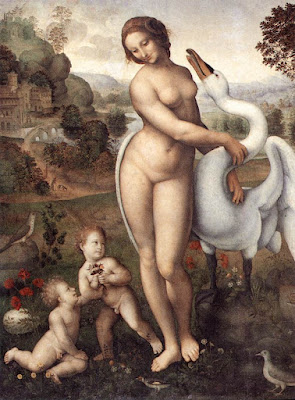Pride and prejudice: The irony in grammar.

It is a truth universally acknowledged that a single man in possession of a good fortune, must be in want of a wife. Pride and prejudice: The irony in grammar. Nefertari Vázquez Gómez The opening line of the novel “Pride and Prejudice” by Jane Austen sets a satiric tone. Satire is defined as an “artistic form […] in which human or individual vices, follies, abuses, or shortcomings are held up to censure by means of ridicule, derision, burlesque, irony, parody, caricature, or other methods, sometimes with an intent to inspire social reform¨ (Encyclopædia Britannica.) The opening line uses many devices to achieve this purpose. Among the uses of present simple grammar, we can find two: To talk about general facts that we think are true and permanent at the present time and to talk about general facts that are always true and permanent about the world (Cambridge dictionary). However, the use of “It” as a dummy subject discards the idea that the narrator shares this belief. A ‘dummy’ ...




